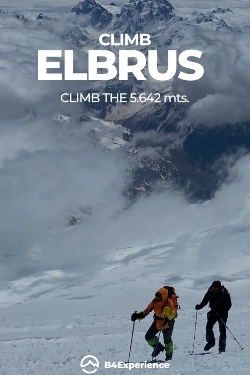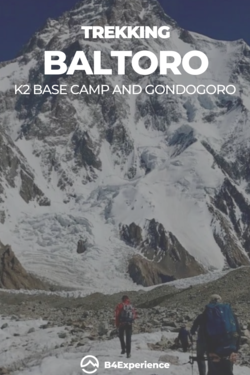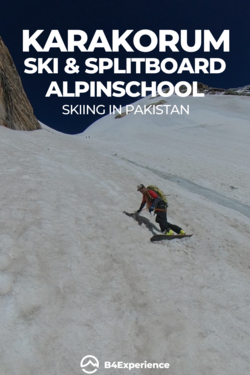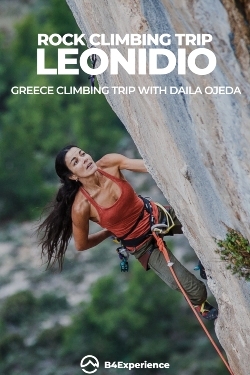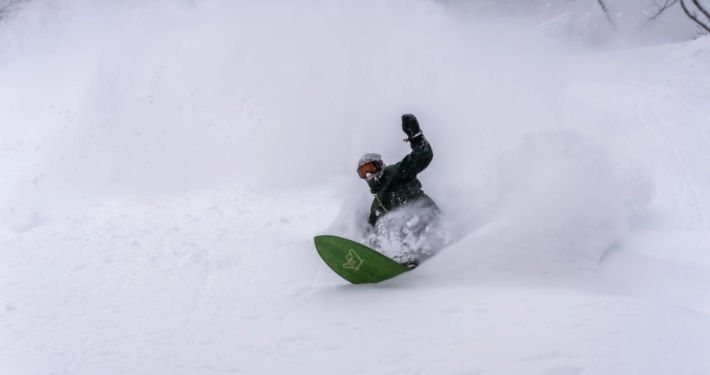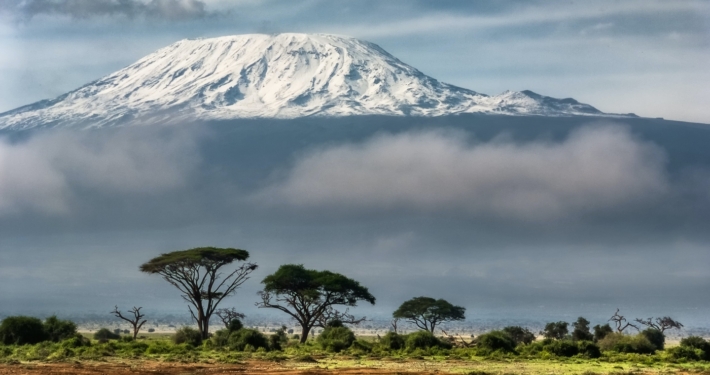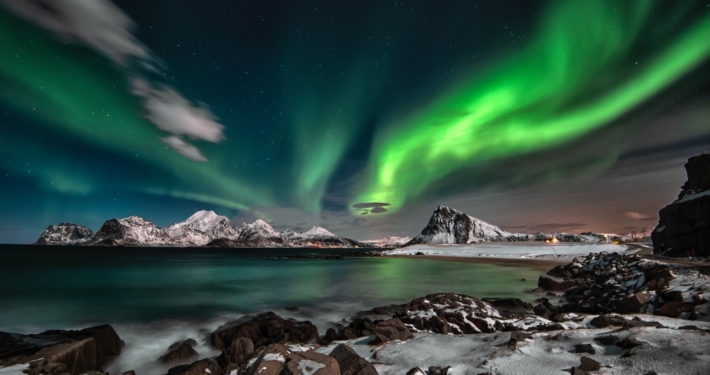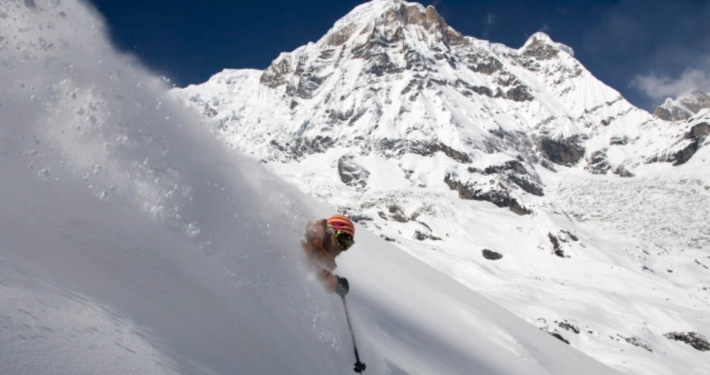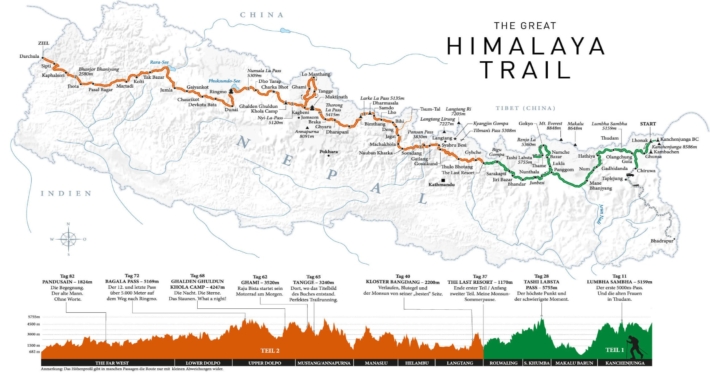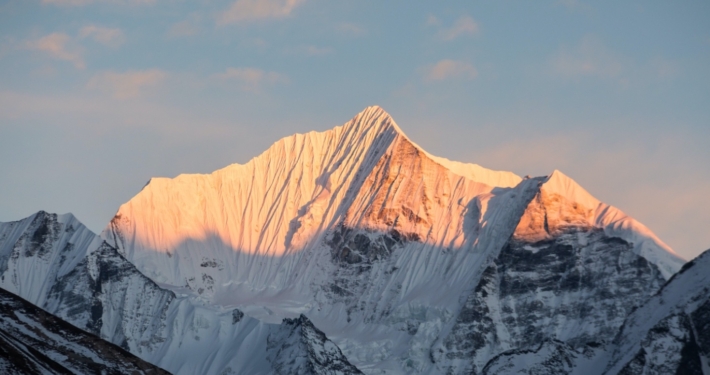MOUNTAINEERING trips are exciting adventures that involve climbing high mountains and overcoming physical and mental challenges in alpine environments. These trips often attract people looking to push their limits, experience the beauty of nature and reach impressive peaks. Here are some key things to consider when planning a mountaineering trip:
1. Physical and mental preparation:Mountaineering requires a high level of physical and mental fitness. It is important to train in advance, work on your cardiovascular resistance, muscular strength and flexibility. In addition, developing concentration skills and mental resilience is essential to face the challenges you may encounter on the mountain. We can help and guide you in this preparation.
2. Mountain choice: Researching and selecting a suitable mountain for your skills and experience is essential. Some mountains are more technical and dangerous than others. You can opt for more accessible mountains for beginners or challenge iconic mountains like Mont Blanc, Kilimanjaro or Everest. We will assess together and based on your experience which is the mountain and the route that best suits your level.
3. Suitable equipment:: Having the correct equipment is essential to guarantee your safety and comfort in the mountains. This may include thermal clothing, hiking boots, crampons, ice axes, helmet, harness and other technical equipment depending on the difficulty of the mountain and the chosen route. We will advise you on the ideal team for each ascent.
4. Certified Guide: Depending on your experience and skills, you might consider joining a guided expedition or hiring an experienced guide. Guides can provide you with expert guidance, improve safety, and increase your chances of success.
5. Logistics planning: We organize the logistical details of the trip, such as permits, transportation, accommodation and supplies. Make sure you understand the local requirements and restrictions for the mountain you want to climb.
6. Weather conditions: Weather conditions in the mountains can change rapidly and be extremely challenging. We will inform you about the typical climate of the region at the time you plan to make your trip. We will keep track of the weather forecasts.
7. Respect for the environment: Responsible mountaineering involves minimizing environmental impact. Be sure to follow local regulations and practice “Deja No Trace” to preserve the natural beauty of the mountain.
8. Security:Safety is paramount in mountaineering. Learn about mountain safety techniques, such as the use of ropes, belaying and rescue in case of emergency with our Online and In-person courses.
9. Adaptability:Unpredictable conditions may require changes to your plan. Keep an open mind and be flexible in your approach.
10. Gradual experience: If you are new to mountaineering, it is advisable to start with easier mountains and gain experience before tackling more difficult challenges.
Remember that mountaineering is a risky and challenging activity. Safety should always be your top priority, and it is important to be well prepared and well informed before embarking on any mountaineering adventure.


